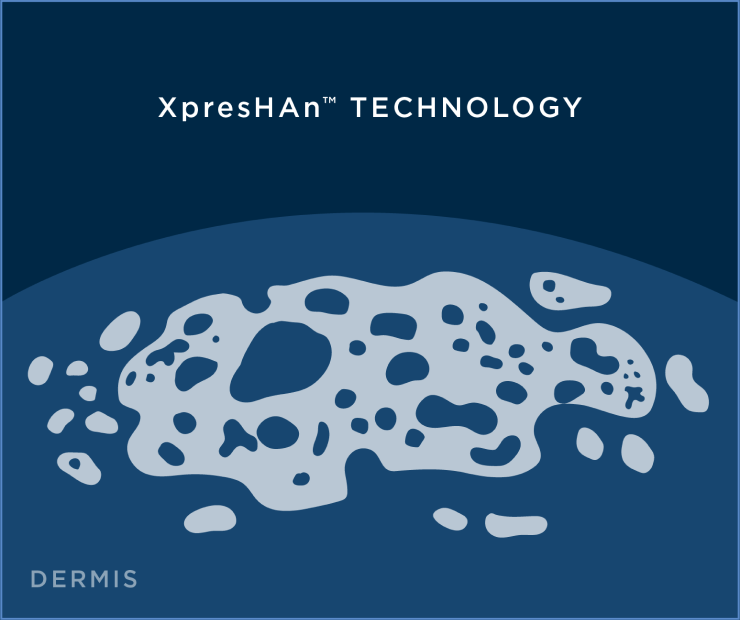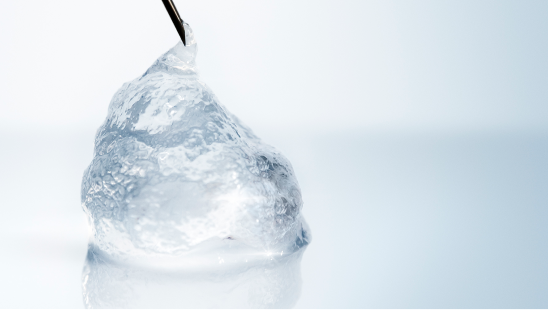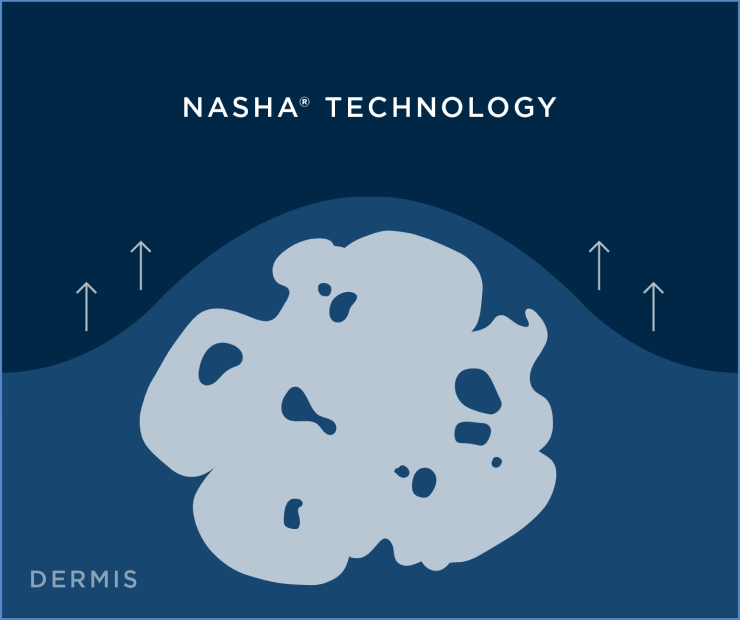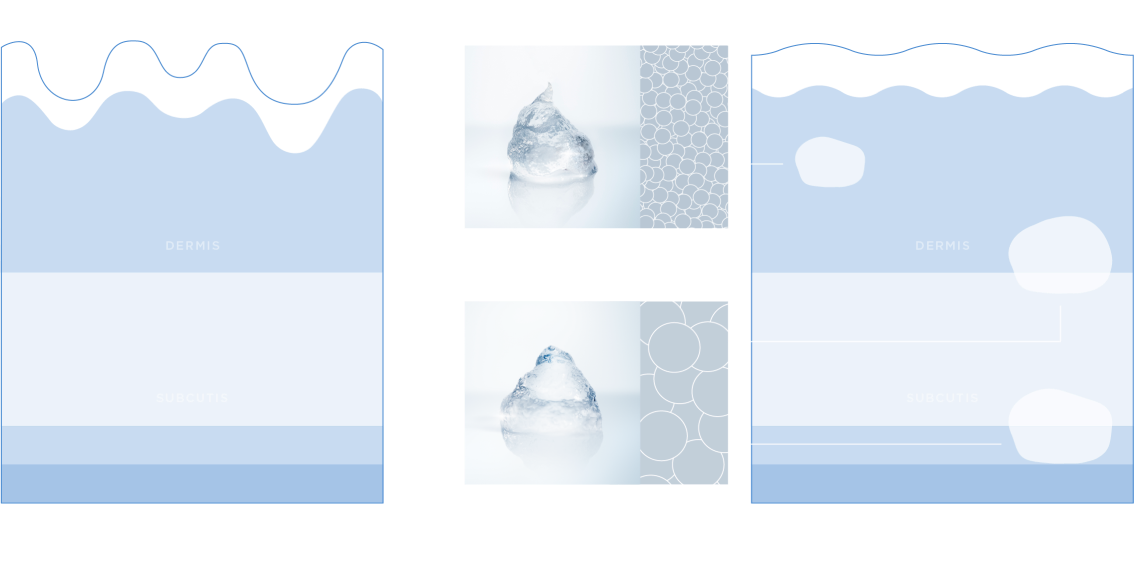Restylane and Restylane-L are for mid-to-deep injection into the
facial tissue for the correction of moderate-to-severe facial wrinkles and
folds, such as nasolabial folds, and for lip enhancement.
Restylane Lyft with Lidocaine is for deep implantation into the
facial tissue for the correction of moderate-to-severe facial wrinkles and
folds, such as nasolabial folds, and for cheek augmentation and for the
correction of age-related midface contour deficiencies.
Restylane Lyft with Lidocaine is also indicated for injection
into the dorsal hand to correct volume loss. Restylane Lyft with Lidocaine
is also indicated for injection into the mid-to-deep dermis (subcutaneous and/or
supraperiosteal) for augmentation of the chin region to improve the chin profile
in patients with mild-to-moderate chin retrusion.
Restylane Silk is for lip augmentation and for correction of
perioral wrinkles.
Restylane Kysse is for lip augmentation and for correction of
upper perioral wrinkles.
Restylane Refyne is for mid-to-deep injection into the facial
tissue for the correction of moderate-to-severe facial wrinkles and folds,
such as nasolabial folds.
Restylane Defyne is for mid-to-deep injection into the facial
tissue for the correction of moderate-to-severe, deep facial wrinkles and
folds, such as nasolabial folds. Restylane Defyne is also
indicated for injection into the mid-to-deep dermis (subcutaneous and/or
supraperiosteal) for augmentation of the chin region to improve the chin
profile in patients with mild-to-moderate chin retrusion.
Restylane Contour is for cheek augmentation and for the
correction of midface contour deficiencies.
Restylane Eyelight is for the improvement of infraorbital
hollowing.
Do not use if you have severe allergies that have required in-hospital
treatment, are allergic to lidocaine or gram-positive bacterial proteins
used to make hyaluronic acid, prone to bleeding, or have a bleeding
disorder. The safety of use while pregnant or breastfeeding has not been
studied. Tell your doctor if you are planning other cosmetic treatments
(such as lasers and chemical peels) as there is a possible risk of
inflammation at the injection site.
The most common side effects include swelling, redness, pain, bruising,
headache, tenderness, lump formation, itching at the injection site, and
impaired hand function. Tell your doctor if you’re taking medications that
lower your body’s immune response or affect bleeding, such as aspirin or
warfarin; these medications may increase the risk of bruising or bleeding
at the gel injection site. Use at the site of skin sores, pimples, rashes,
hives, cysts, or infection should be postponed until healing is complete.
Delayed-onset inflammation near the site of dermal filler injections is
one of the known adverse events associated with dermal fillers, and cases
have been reported to occur at the dermal filler treatment site following
viral or bacterial illnesses or infections, vaccinations, or dental
procedures. Typically, the reported inflammation was responsive to
treatment or resolved on its own. Serious but rare side effects include
delayed-onset infections, recurrence of herpetic eruptions, superficial
necrosis, and scarring at the injection site. The risk of unintentional
injection into a blood vessel is small but can occur and could result in
serious complications, which may be permanent including, vision
abnormalities, blindness, stroke, temporary scabs, or permanent scarring
of the skin. As with all skin injection procedures, there is a risk of
infection.
To learn more about serious but rare side effects and full Important
Safety Information, visit
www.RestylaneUSA.com.






